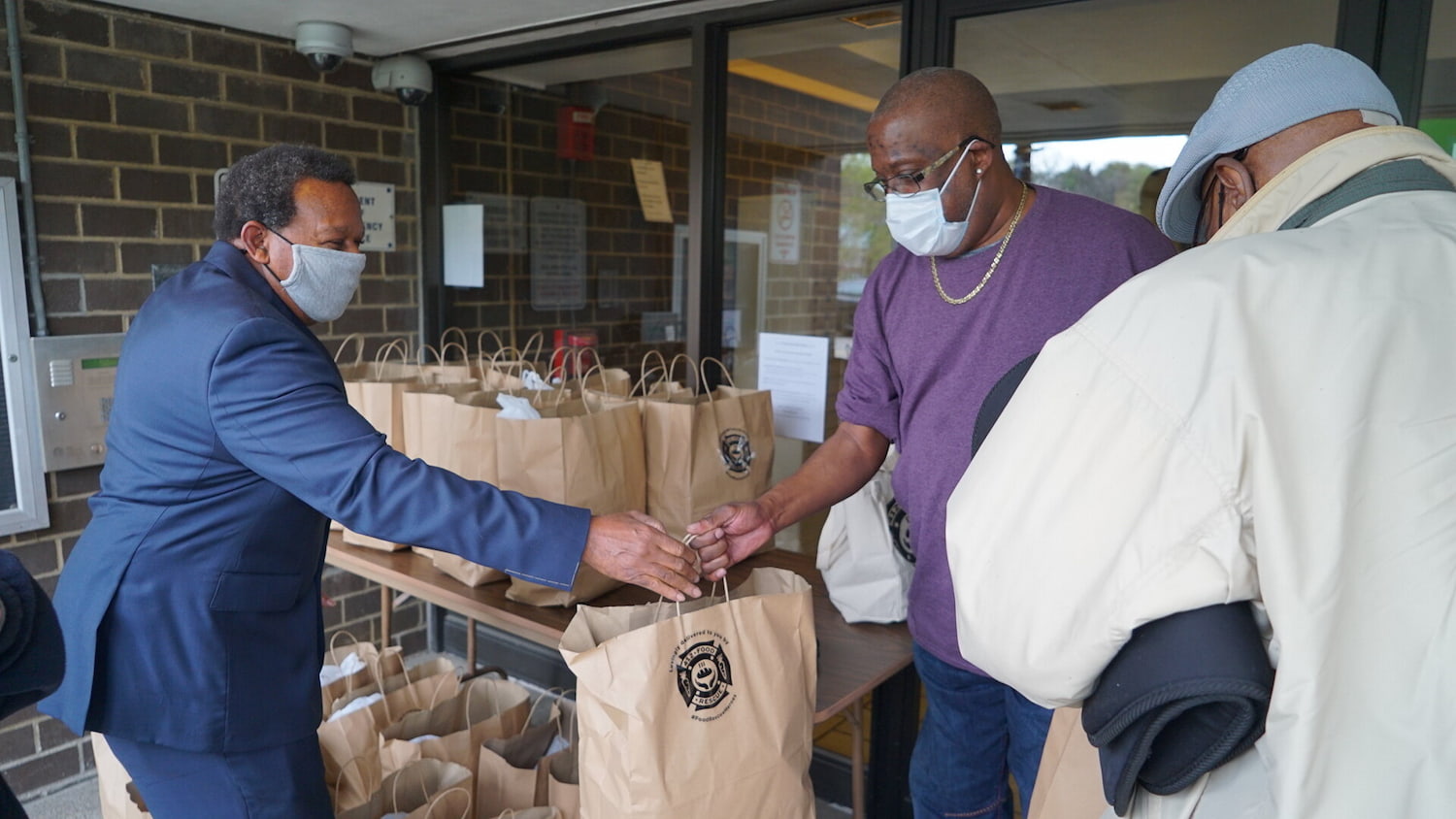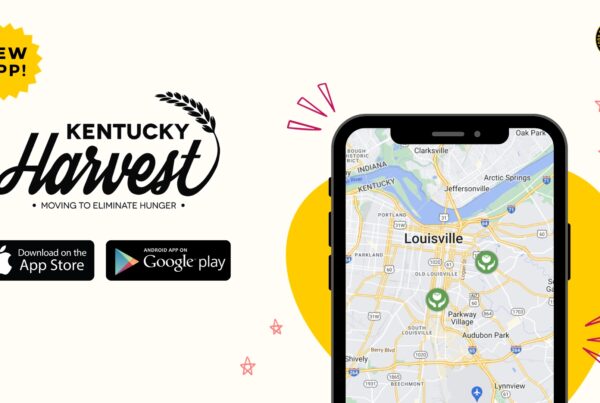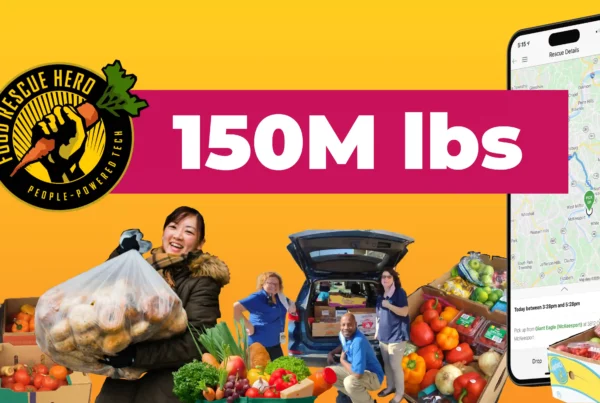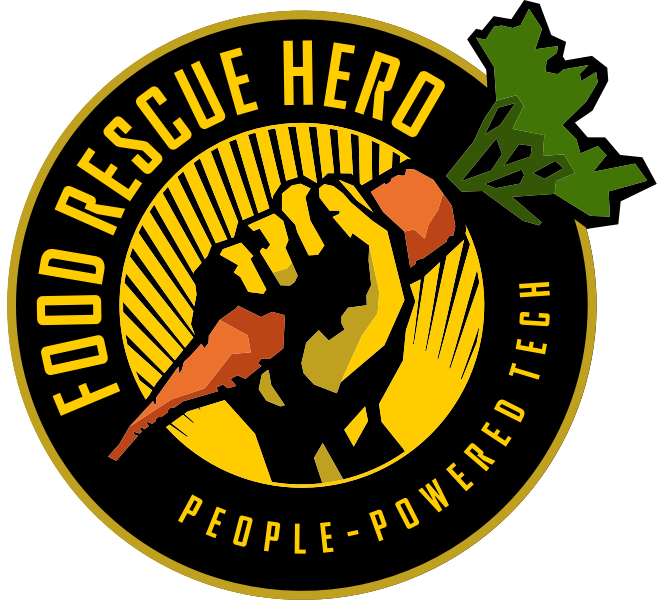When 412 Food Rescue and the Housing Authority of the City of Pittsburgh first partnered in 2015, it didn’t take long to fill the need for food for over 20,000 residents within low-income communities in the Pittsburgh area.
“In six months, we had eradicated hunger in public housing,” said Michelle Sandidge, Chief Community Affairs Officer of HACP.
The relationship between Pittsburgh’s housing authority and 412 Food Rescue developed quickly and has become an essential path to deliver food to those that need it most. However, it’s one that takes time to develop, especially for food rescue organizations in the early stage. In the beginning, 412 Food Rescue delivered food to HACP communities on an availability and emergency basis. Once 412 Food Rescue was able to provide fresh food on a weekly basis, Sandidge noticed those delivery days brought residents out more than most events.
“Consistency works,” Sandidge said. “If people know on Tuesday at 3p.m. that they’re going to get food from 412, and it’s going to come around that same time, people look for it and become comfortable with the staff. It becomes a community routine, just like going to work.”
The 412 Food Rescue delivery dates became an opportunity for the HACP to provide other essential services.
“Anything that we want to get out to residents–early childhood tax credits, safety and wellness, stimulus checks–any information we need to get out, we do it at the 412 food rescue food drop,” Sandidge said. “We either put it in the bag or somebody is there to have a conversation.”
Most importantly, Sandidge believes the weekly food drops have become a space for communities to come together and grow.
Sandidge likes to tell a story about one younger woman who didn’t find the roasts delivered one day particularly appetizing. She wasn’t sure how to prepare it, either. However, a senior resident walked her through it and told her, “Look, you have a smartphone, and you’re either going to be smart or stupid. Use it. You’re going to understand how to cook this roast.”
The woman returned a week later to show the senior a picture of her roast, which lasted her a few days.
Sandidge recalled another time when vegetables delivered by 412 Food Rescue brought two communities together.
“If anybody knows anything about Africans and the culture, they use their clothing to carry things,” Sandidge said. “412 brought a bushel of potatoes–which is heavy and hard to carry. One time the Americans were complaining about needing a bag. The immigrants showed them how to carry the potatoes with their clothes. So, I’m in the middle of the street taking pictures of the Americans walking with these potatoes in their clothing the same way as the Africans. It’s phenomenal. Cross-cultural interactions are happening. 412 just brought potatoes. They had no idea what’s happening on the other end. They had essentially brought two cultures together with potatoes.”
The partnership hasn’t been without challenges. The COVID-19 pandemic has required both the food rescue organization and housing authority to adapt.
“The pandemic made us become creative,” Sandidge said. “We figured out the grab-and-go mechanism, and 412 provided a seamless approach. They started bagging everything. We started to discuss issues and tell them what works and what doesn’t. They come back with solutions, like more sustainable packaging. Now, food is even pre-packaged. It’s good for seniors and families. We can include information on what HACP needs to convey. We have tables to engage with other organizations.”
Sandidge believes 412 Food Rescue’s innovation and drive to solve community needs is what makes the partnership valuable.
“The convenience 412 provides is unparalleled,” Sandidge said. “That’s what makes it work with HACP. Offering cooking classes allows people to properly use the fresh food. Education is essential. Food bank is set up to mass-distribute canned food and non-perishables. Fresh food requires another element of food distribution and education. You need to be prepared to tackle that first.”






